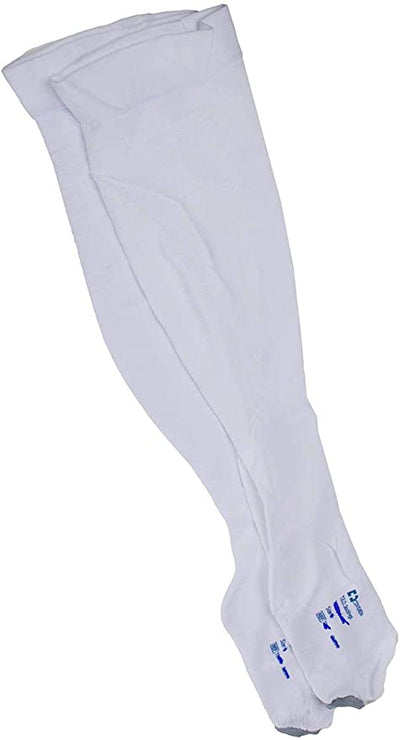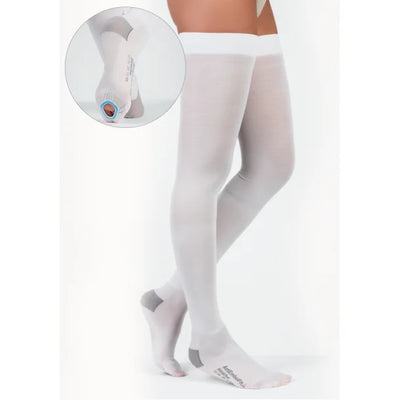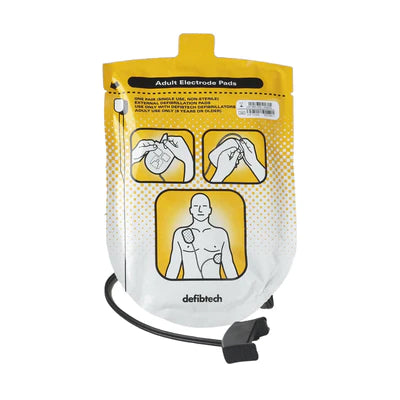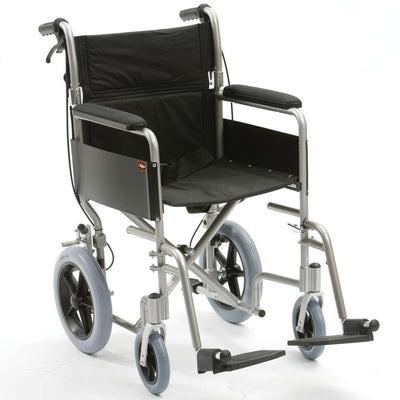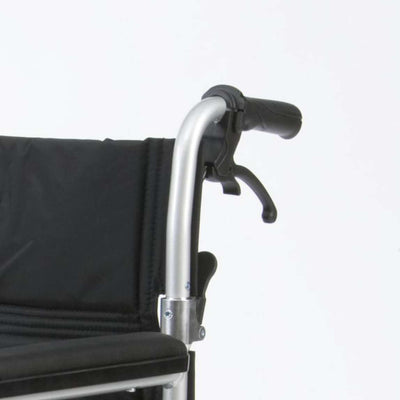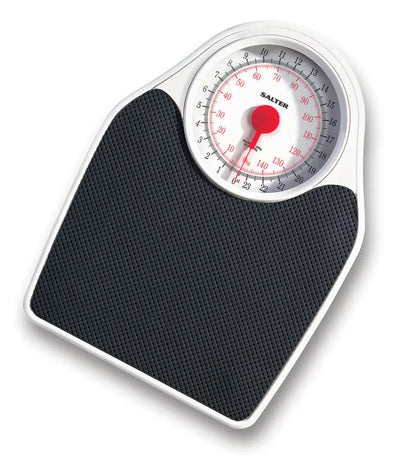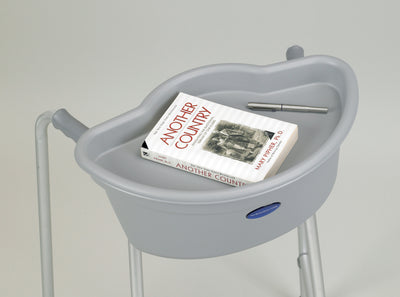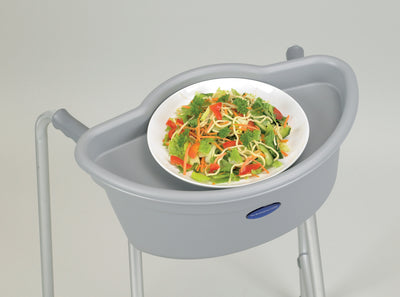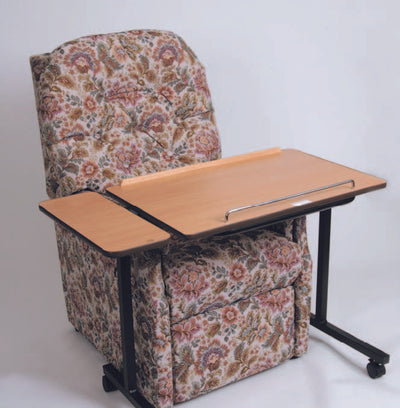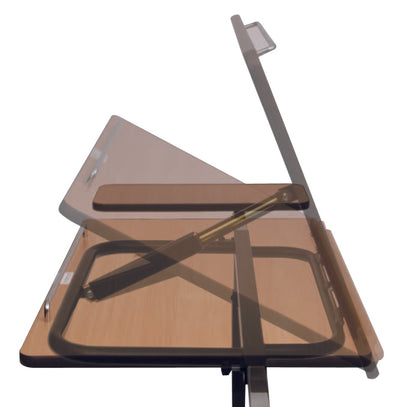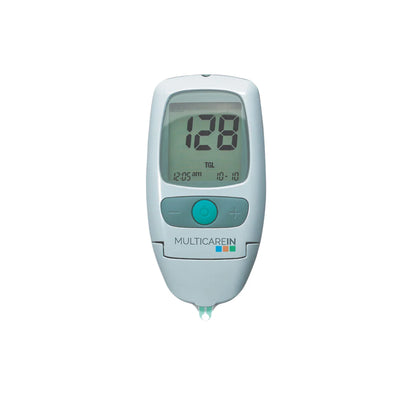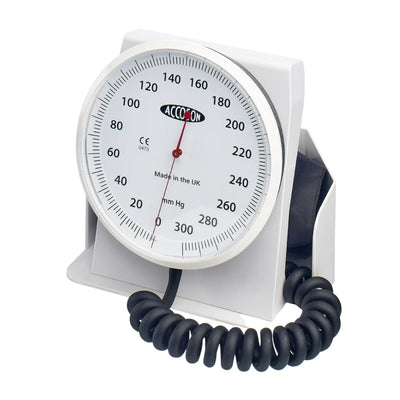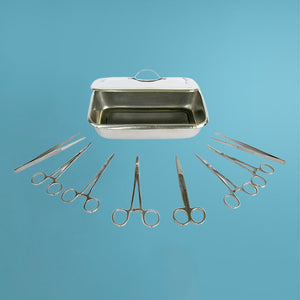Apparently we spend at least half of our life sitting down. And modern society seems designed to encourage us to sit as much as we possibly can. Think about all those squishy sofas, bean bags, recliner chairs and street furniture around us all day long. Whenever we get the chance it seems we like to take a seat.
But is sitting down bad for us and if so, what can we do to lessen the time we spend on our backsides?
What damage does sitting down do to our health?
Leading a sedentary lifestyle is, without doubt, very detrimental to our health. In fact, it would be fair to say that choosing a lifestyle where you sit for too long without any activity will kill you.
Research shows that the less active you are the more likely you are to develop long-term health issues and to significantly lower your life expectancy.
What happens when we sit for too long?
People who sit for long periods of time, with little or no breaks for exercise or activity, put themselves at a higher risk of these potentially life threatening conditions:
- Weight gain - sitting for long periods means you will be less active and as a result you will burn fewer calories. If you’re not using your muscles or your cardiovascular system your body will be less able to efficiently process the fats and sugars you eat in your diet, leading to weight gain and eventually obesity.
- Diabetes - Studies have shown that long periods of sitting can trigger the body into resisting insulin, which is an early indicator of the onset of diabetes. People who spend more time sitting are found to have a 112 % increased chance of developing diabetes.
- Deep Vein Thrombosis and Varicose Veins - While varicose veins are largely superficial, they can be unsightly and, on occasion, cause mild, irritating pain. DVT is a much more serious consideration. With DVT a blood clot can appear most often in the legs, and cut off the regular blood flow through the veins, into the lungs and can cause serious blockages and embolisms.
- Bad posture and back pain - Almost all of us will sit with bad form causing our spine, shoulders and hips to weaken and ache. Sitting down causes your hip flexors to tighten and shorten, and over time the back and spine can become hunched, weak and prone to disc issues, degeneration and chronic pain.
What happens when we add regular movement to our day?
Research shows that regular movement throughout the day leads to
- Better health
- Increased motivation
- Improved concentration
- And many, many more wellbeing and performance benefits
Ways to convert sitting time to standing time
Get up, stand up - feel good! That’s the mantra you need to repeat to yourself each day.
Whether you work at a desk for 8 hours a day or you find that on your leisure time you’re unhealthily attracted to the sofa, making simple changes to your day is easier than you think.
Why not try some of these ideas to get up onto your feet?
- Stand up when making phone calls
- Stand and take a break from your computer or television every 30 minutes (and don’t use that time to head straight to the fridge!)
- Use the stairs whenever you have the option
- Go for a daily walk - put it in your diary and stick to it. If you’re working why not have a walking meeting with a colleague.
- Walk to a colleague's desk instead of phoning or emailing them
- Stand at the back of the room during presentations
For all your Medical and Homecare supplies give us a call at Mediworld.
We have over 40 years experience in medical, surgical, mobility and home health supplies and we're always on hand to chat if you need support or advice. Follow us on Twitter and Facebook and don't forget to read our other great health blogs!
